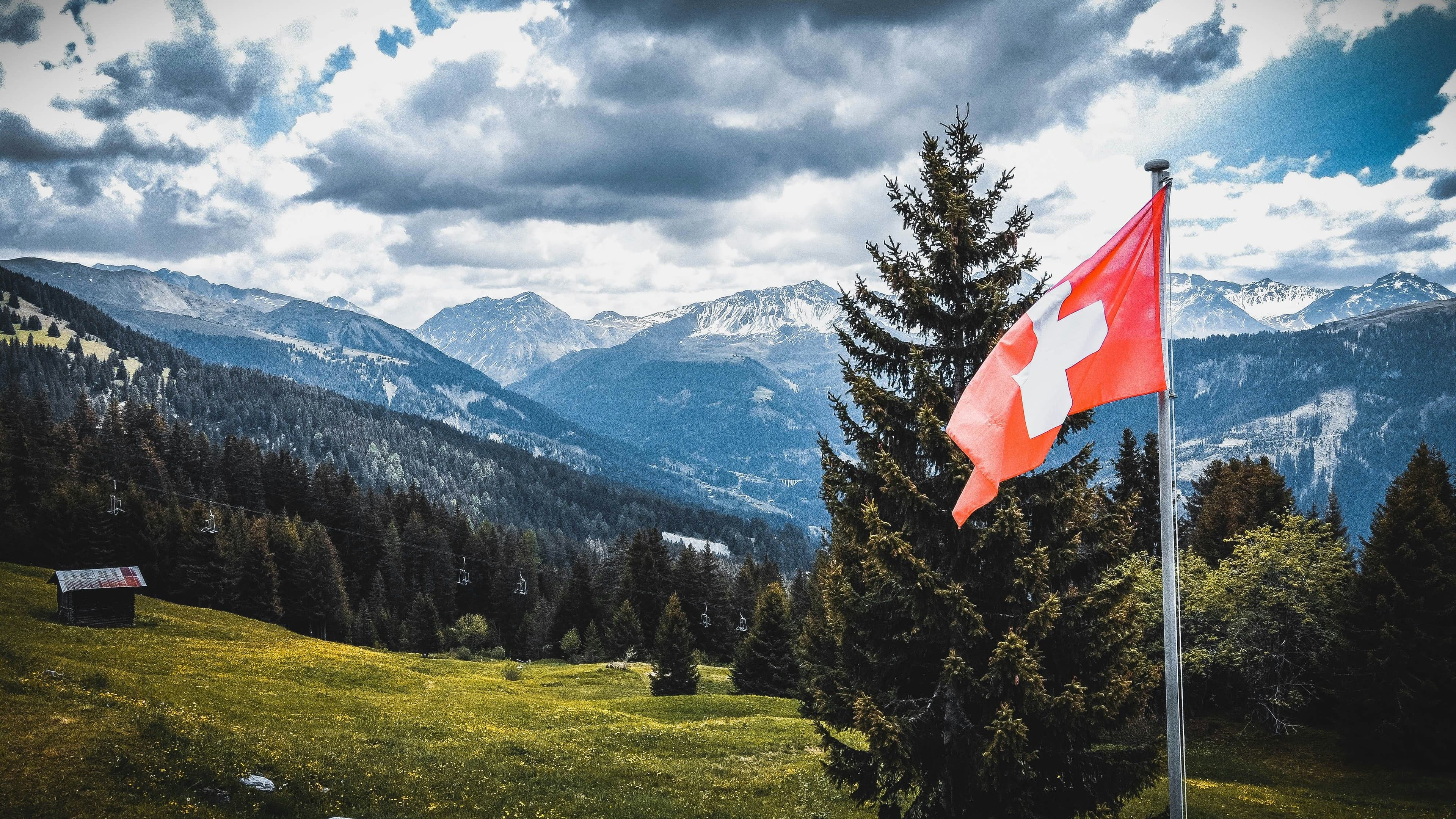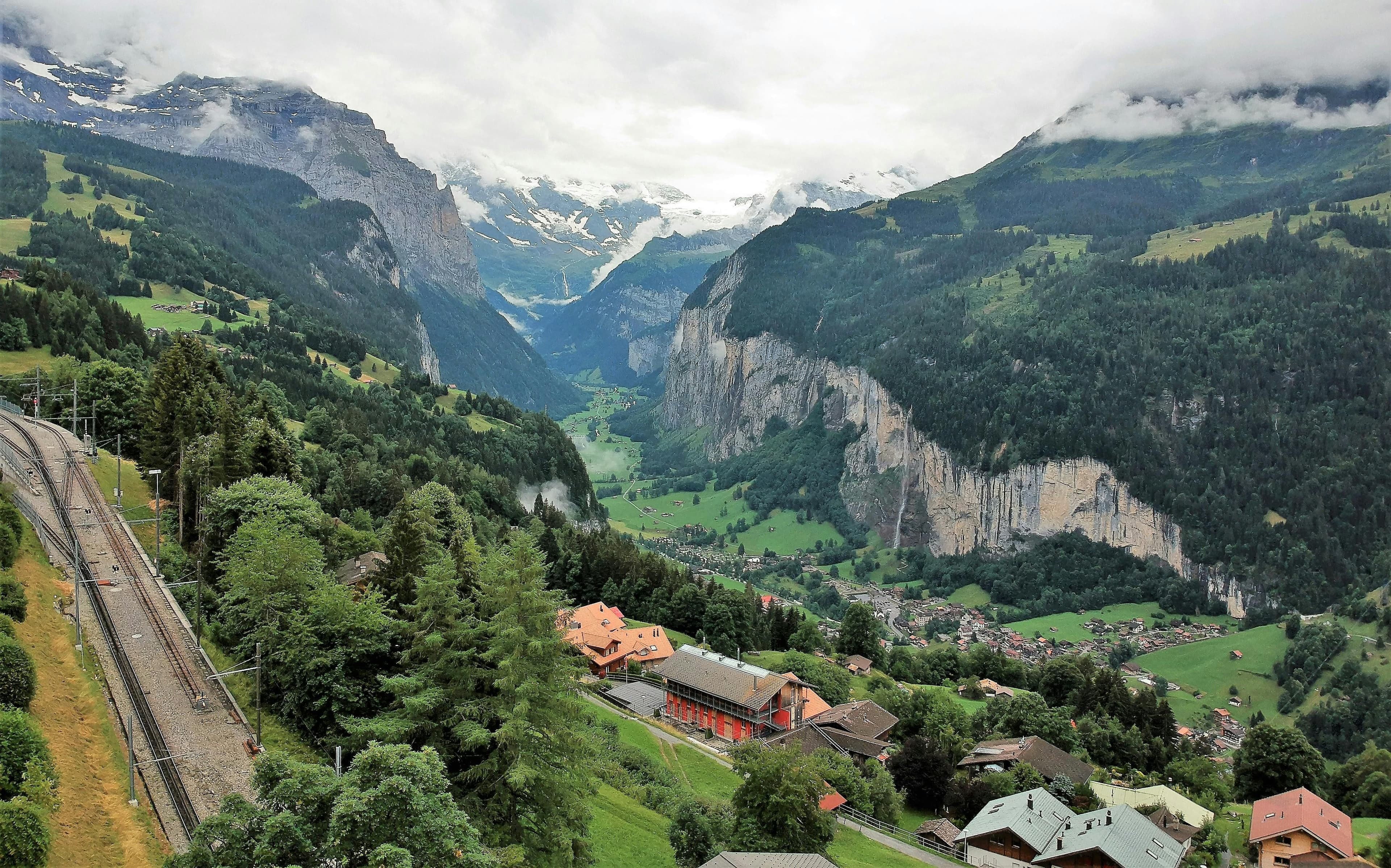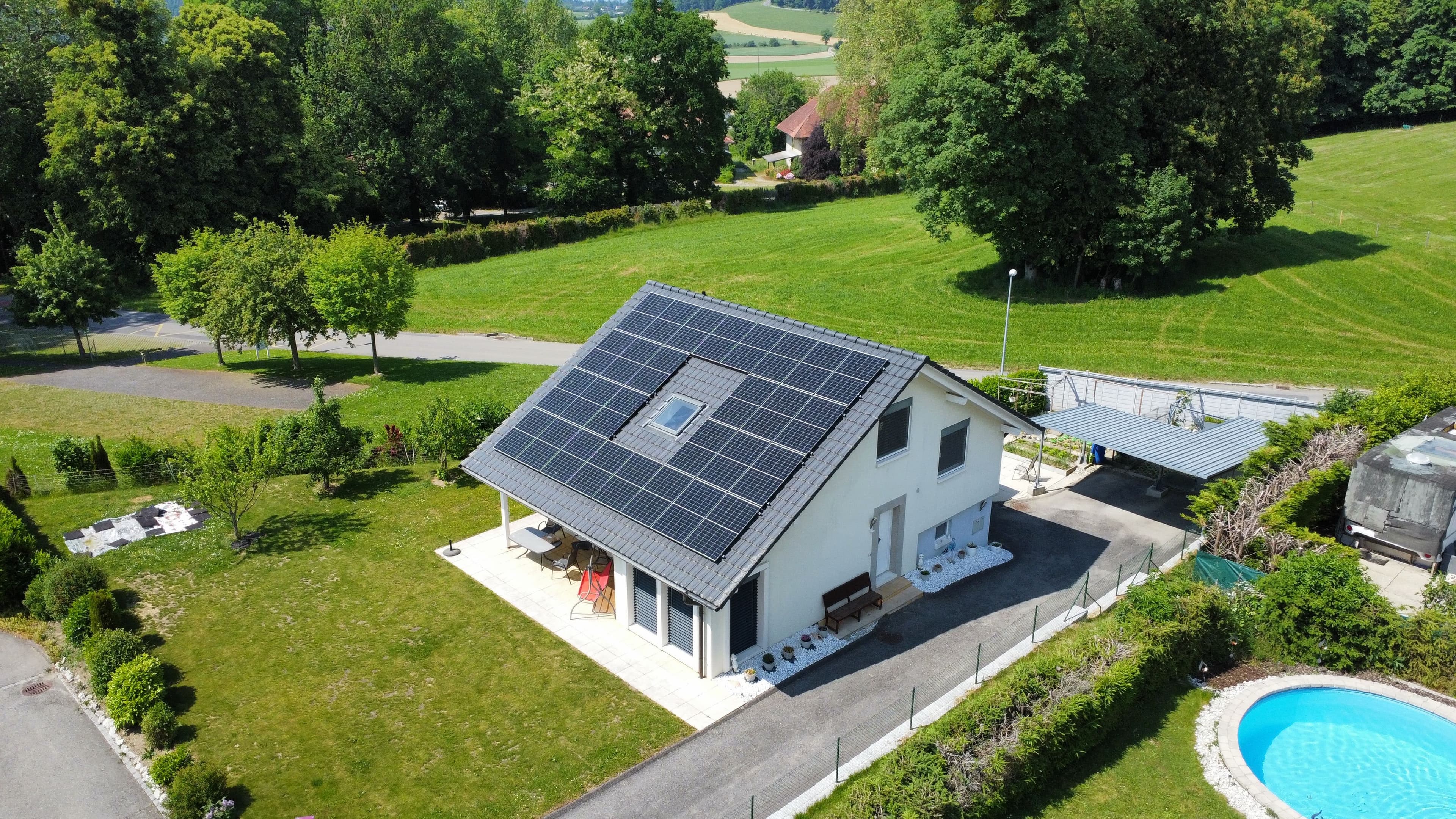A majority of Swiss citizens (68.72%) have approved a law on electricity aiming to accelerate the development of renewable energies. This law, supported by NGOs like WWF and Greenpeace, aims to ensure a safe and stable electrical supply.
The Federal Council aims to increase electricity production from water, sun, wind, and biomass. Beyond addressing climate issues, this law aims to prevent potential winter shortages and reduce Switzerland's energy dependence on foreign sources.
There is also a need to meet future energy demands, particularly due to the rise in electric cars and heat pumps.
Adopted by parliament last year, the law faced opposition from environmental organizations concerned about negative impacts on landscapes and reduced opportunities for legal challenges against energy projects. It simplifies planning for wind turbines and large solar installations, promoting their development on rooftops and facades.
Environment Minister Albert Rösti emphasized the law's importance for energy security, especially in winter. However, one party opposed this legislation: the Swiss People's Party (UDC), which fears degradation of nature and energy reliability.
Opponents argue that the law threatens Swiss nature and landscapes, criticizing deforestation and the installation of solar panels in alpine regions it may cause.



